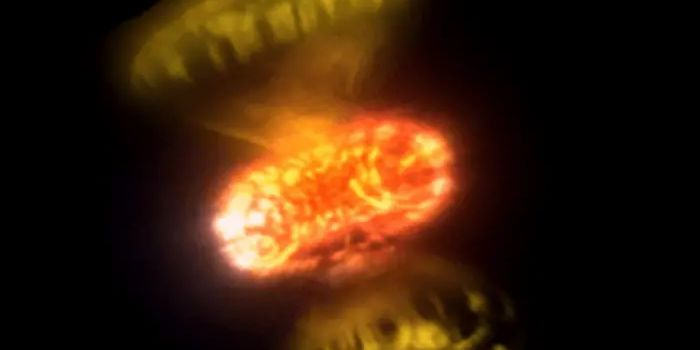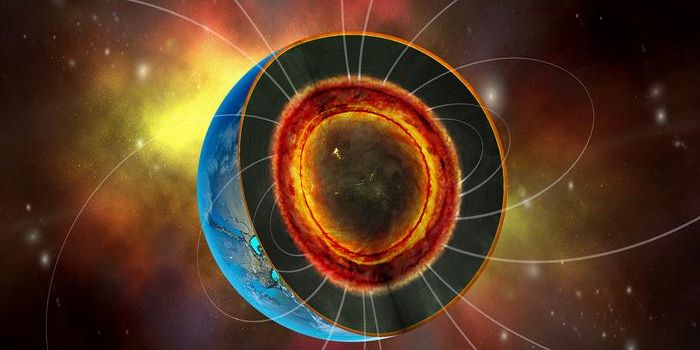Can Quantum Technology Diagnose Complicated Heart Conditions?
Currently, atrial fibrillation (AF) is a heart condition that is diagnosed using an electrocardiogram (ECG). However, diagnosing with ECGs must be done during an AF episode proving the need to catch the condition before it happens.
Learn more about atrial fibrillation (AF):
The condition of AF causes an irregular and abnormal heart rate that can lead to far greater consequences such as blood clots, stroke, heart failure and other heart-related issues. Treatments consist of a surgical intervention known as ‘catheter ablation’ and if proper diagnosis is given, lives can potentially be saved through the treatment.
"Atrial fibrillation is a serious condition that surprisingly little is known about it. We hope to change this through our work with clinicians in terms of both diagnosis and treatment,” says corresponding author, Dr. Luca Marmugi. "Surgery to treat atrial fibrillation effectively cuts the wires to prevent a short circuit in the heart, resetting the irregular heartbeat to a normal one, and our technology would help to identify where the short circuit is. While not available in the clinic yet, we've shown, for the first time, that it is possible to map the conductivity of live tissues in small volumes to an unprecedented level of sensitivity and at room temperature."
Now, researchers have developed a novel imaging technology based on quantum physics that can observe the conductivity of solutions mimicking human tissues and image diseased areas in the heart. Knowing these diseased areas can help surgeons carefully pinpoint the areas that can be targeted freely from abnormal electrical circuits.
Findings were published in the journal Applied Physics Letters.
Co-author and group leader, Professor Ferruccio Renzoni (UCL Physics & Astronomy), said:
"We've achieved a phenomenal level of sensitivity in an unshielded, room temperature environment, which brings us a lot closer to bringing this technology to the clinic. It was only possible by using quantum technologies and we are excited about the potential applications for improving clinical outcomes of atrial fibrillation."
Source: Science Daily









